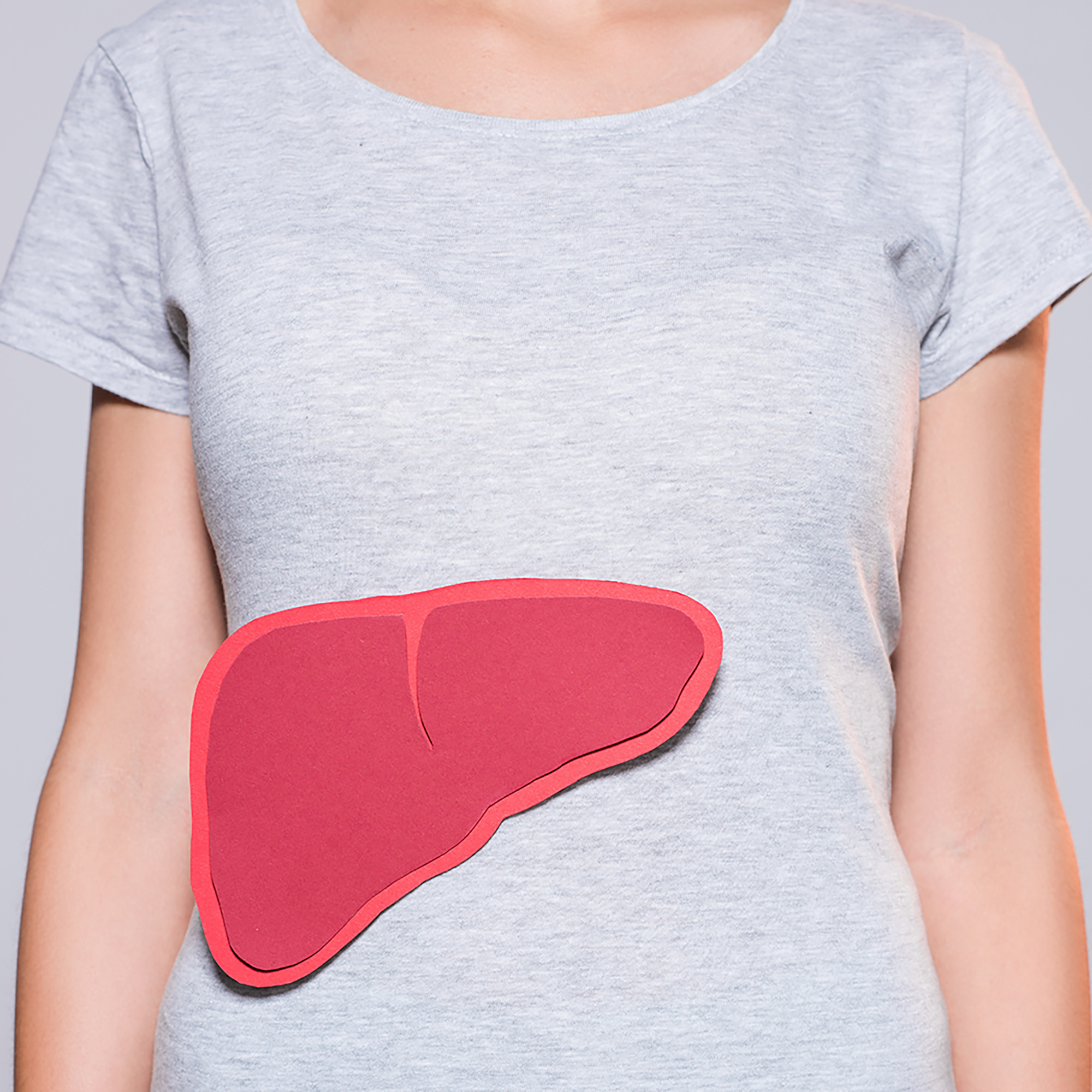Modeling Nanoparticle-Based Therapy in Tumor Growth

By: Hailey V.Year: 2023School: Portola HighGrade: 10Science Teacher: Erica Borquez In the realm of medical science, the landscape of cancer therapy has been undergoing a remarkable transformation over the past decade. The emergence of targeted therapies has opened new avenues to interrupt the intricate molecular processes that fuel the growth of cancer cells. With each patient’s cancer being …







